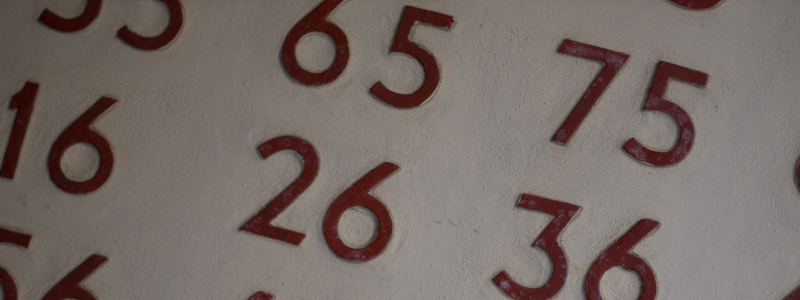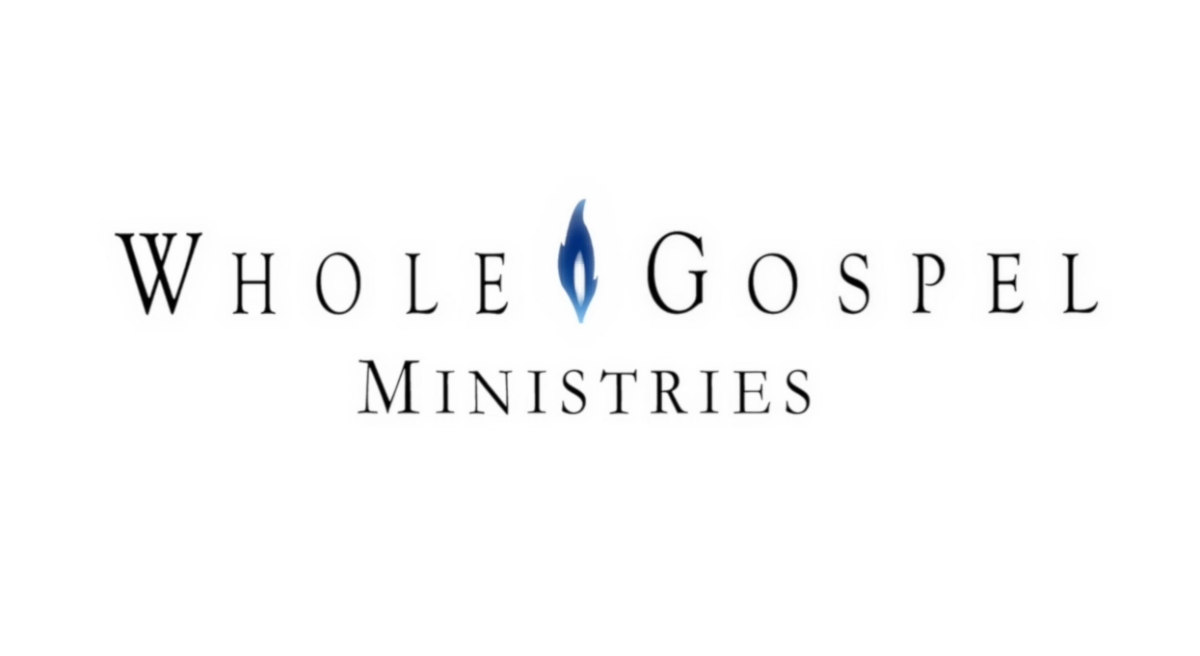
FRIDAY MORNING MANNA
October 10,2014
Nathaniel Fajardo
Biblical Numerology: NUMBER TWO – Part V
MOSES AND AARON VERSUS EGYPT
Teamwork, works. Two brothers, Moses, three years younger than Aaron, sons of Amram and Jochebed, devout Levites, were raised and empowered by God to do a special work and mission for His people with clearly defined separate areas of responsibilities. The first earthly sanctuary with its accompanying detailed, yet simple services teaching the plan of redemption, patterned after the great original in heaven, was built by Moses.
God fitted Moses for the greatest work in his time. It was Christ who appeared to him in a burning bush. At the end of their earthly sojourn, Aaron died first, cradled in the arms of Moses on Mount Hor where Moses buried him, alone.
As Christ’s type and representative, Moses was a patient shepherd of God’s people and its visible leader—the greatest leader of God’s people on earth. He “stands without peer as historian, poet, philosopher, and the world’s wisest legislator.” – E. G. White, PP 246; Ed 51. He was the first historian of creation and the law, penning the history of creation 1,600 years before John did.
He was humble, pious, and forbearing with a clear mind and an understanding heart, possessing integrity of the purest character yet with intellectual greatness distinguishing him above the great men of all ages. He wrote the alpha of Bible history—both of creation and the law as well as ancient Israel’s history. The Bible calls him “the meekest of all men.”
All these are the ideal qualifications for leadership of God’s people. His sin of striking the rock–a symbol of Christ—twice, instead of speaking to it as God commanded him, prevented his entry into the earthly promised land after leading Israel from Egypt to the Red Sea crossing, through the wilderness wandering for 38 arduous years! After viewing the promised land, he “died as a tired warrior lying down to sleep” alone at the summit of Mount Nebo (or Pisgah), buried by angels, not men. He was the first man raised from the grave and taken to heaven, a type of the righteous dead, starting with Adam, who sleep in their dusty graves awaiting the glorious resurrection to eternal life at Christ’s Second Advent.
Aaron, who died at the age of 123 (he was 83 at the Exodus), spoke Egyptian eloquently. He was the first high priest of Israel as an organized nation, a type of Christ’s priesthood. His sin, together with Moses at Meribah, prevented him from entering the earthly Canaan. (See Numbers 20: 1-13; Patriarchs and Prophets, “The Smitten Rock,” ch. 37).
Together, the brothers were to liberate the Israelites from Egyptian oppression and idolatry. At that time, Egypt was the most powerful and highly civilized, yet atheistic nation. Like all earthly empires and nations of renown, its glory faded, consigned to the dustbin of history, lifeless archaeological treasures.
God’s overruling providence in placing Moses in the royal family, adopted by the king’s daughter under unique circumstances, undoubtedly divinely-designed, still delight us, melting the hearts of many modern skeptical mothers as well as encouraging mothers of faith who love and trust God but are struggling with the seemingly insurmountable challenges of raising their infant sons to grow up into principled and uncompromising men of God under the bewitching atmosphere of these last days—like ancient Egypt was.
How a faithful duo, yes, at times, unfaithful, could confront and stand alone against the high and mighty sun-worshipping pharaoh, his royal courtiers, vaunted military might, and the venerated mind-controlling magicians, astrologers, and priests of ancient Egypt, is a wonder surpassing far and wide the world’s seven wonders—more so today when it is by human military and economic might, enhanced by rapidly-advancing digital technology, and finally, religio-political numerical superiority, harnessing all these that determines the final shape and form of global control, briefly, that is. Thank God!
It’s prophecy count down time–the most solemn period of earth’s history and today’s remnant of spiritual Israel, the commandment-keeping church of prophecy (Rev. 12: 17). Based on the landmarks already passed in the prophetic highway of Daniel and Revelation’s combined prophecies, our generation is approaching the borders of the heavenly Canaan, reckoned from the beginning of the Advent Movement, the prophesied 1844 Great Disappointment, followed by the 1888 crises.
It’s time to critically examine the spiritual condition of our hearts, “for where your treasure is, there your heart will be also” (Matt. 6:21). Are we still murmuring and complaining about how and where God chooses to lead us—often against our expectations and desires, expressed even in our prayers, asking for a preferred way, even for a “miracle” that somehow accommodates by compromise, some of our pet indulgences?
We need to clearly identify who and what antitypical Egypt means and the whole baggage it includes else we repeat Israel’s unbelief, hardness of heart, and similarly choose, self-deceived, enslavement over God’s own definition of freedom and liberty. Thus fore-armed and fore-warned, we will better understand, forewarned, how and why “the apple of His eye,” could remain so enamored with the carnal pleasures of sinful slavery long after they were already delivered or saved from their captivity!
There are two major Movements portrayed in the Bible, the former a type of the latter, namely: the Exodus Movement of the Old Testament Jewish Dispensation and the Advent Movement of the New Testament Christian Dispensation. Both take plenty of time, varied and changing circumstances, divinely-designed to reveal, test, prove, and purify individual moral character for it is also a central purpose of the two movements.
Through Moses and Aaron God spoke to the Pharaoh of the Exodus (Exo. 3: 10) (most likely Amenhotep II), to release Israel in order that they could freely worship Him and keep His commandments—a covenant entered into by their forefathers with God at the foot of Mt. Sinai (or Horeb) on the third month from their departure from Egypt (Exo. 19: 1-25), which they were restricted from doing as physical bondmen and spiritual slaves of Egypt. Note that Israel, gathered at the base of Mount Sinai, solemnly promised as a people, to God to keep His commandments on three different occasions: first, Exo. 19: 5-8; second, Exo. 24: 3, and third, Exo. 24: 4-7.
Burton Phipps, in his devotional, Day Unto Day, wrote: “Some say there are no atheists in the foxholes of the battlefield and neither are there many on the high seas when a storm is brewing. In trouble we instinctively turn to prayer, signifying our confidence that there is a Being who can and will deliver us. [But] It surely is more pleasing to God if one would manifest more constancy in prayer than to wait until he is at his wit’s end (Ps. 107: 27) before crying unto the Lord.”
Moses Versus the Chosen People – Not only were Moses and Aaron to stand alone against the enemies of God’s people; they were to do the same, particularly Moses, against God’s own people! On one occasion, he told God to blot out his name from the book of life if but to spare God’s righteous wrath from falling upon the murmuring, stiff-necked, rebellious people.
Who would do that today? When God provided manna from heaven they lusted after “the fleshpots of Egypt.” When, by the 38th year, the second generation had already reached Kadesh, a short distance from Canaan, and were instructed to pass through the fertile and water-rich Edom, the land of Esau, and God caused the waters to cease to test their faith, they murmured, again, and demanded to return to the wilderness! Unbelievable!
But although the meekest of man and pushed beyond the limits of human endurance, Moses never compromised as did pliant Aaron when he yielded to the people’s demand to build a golden calf—Egyptian symbol of sun-worship, even while Moses was yet receiving the Ten Commandments from God at Sinai
Principle Never To Be Sacrificed for Peace. Jesus said: “Peace I leave with you, My peace I give to you: not as the world gives, give I to you. Let not your heart be troubled, neither let it be afraid.” John 14: 27. “There always have been and always will be two classes on the earth to the end of time—the believers in Jesus, and those who reject Him.
Sinners, however wicked, abominable, and corrupt, by faith in Him will be purified, made clean, through doing His word . . . . Those who reject Christ and refuse to believe the truth will be filled with bitterness against those who accept Jesus as a personal Savior. But those who receive Christ are melted and subdued by the manifestation of His love and His humiliation, suffering and death in their behalf . . . .
The peace that God gave to His disciples, and for which we pray, is a peace that is born of truth, a peace that is not to be quenched because of division. Without may be wars and fightings, jealousies, envies, strife, but the peace of Christ is not that which the world gives or takes away. It could endure amid the hunting of spies and the fiercest opposition of enemies . . . .
“Christ did not for an instant seek to purchase peace by a betrayal of sacred trusts. Peace could not be made by a compromise of principles. . . . It is a grave mistake on the part of those who are the children of God to seek to bridge the gulf that separates the children of light from the children of darkness by yielding principle, by compromising the truth. It would be surrendering the peace of Christ in order to make peace or fraternize with the world. The sacrifice is too costly to be made by the children of God to make peace with the world by giving up the principles of truth . . .
“Then let the followers of Christ settle it in their minds that they will never compromise the truth, never yield one iota of principle for the favor of the world. Let the hold on to the peace of Christ.” E.G. White, My Life Today, p. 77.

